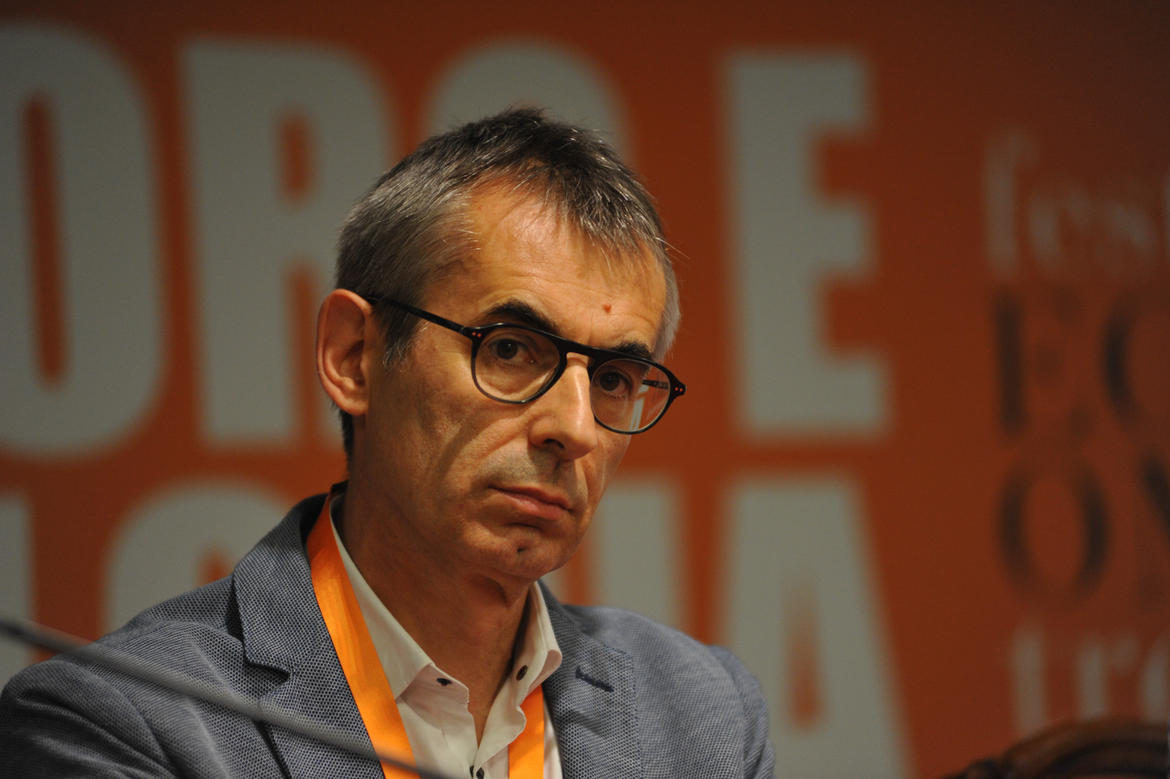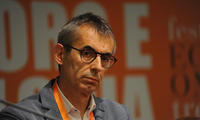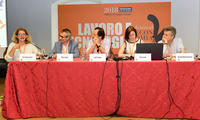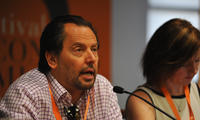
“I wrote this book – states Pierre Cahuc – since during the last 25 years there were big changes in economic methodology the most important of which was the introduction of experimental method in economic analysis. Somehow, and from an epistemological point of view, in economic analysis is happening what happened in late XVIII century with the introduction of early vaccines”. Anyway, in Cahuc vision this kind of methodological change takes times, since it is necessary collect reliable data and observing the evolution of phenomenon. “Concerning for instance Brexit – explain Cahuc – is still a recent event and we have not data enough in order to set up appropriate forecasts”.
“From one hand I agree with Pierre Cahuc when he introduced the experimental method in economics – says Luigi Zingales – but in the other hand I think that economists have gone too far”. In Zingales opinion, it is a danger to forget sociological implication of economics, while is a mistake for economists to feel themselves superior. “Sometimes the economists position – adds Zingales – can be summarized as: if you are not scientific enough to me I won’t have a debate with you”. Concerning Cahuc book, the final commentary by Zingales is: “in the book there is too much propaganda, who risks to destroy what is good in the book, that is to unveil some false economics myths”.
“It is important to introduce empirical method in economics – oulines Giorgio Barba Navaretti – but at the same time such experimentation should carried out in real life”. Yet, in Barba view, a main feature to be put seriously into attention is to verify if the link cause-effect is proved. “Doing an example – points out Barba Navaretti - if we state: since the introduction of Euro Italian economy is going slower compared to other European countries, are we sure there is a cause-effect link between the two fact?”. Anyway, according to Barba Navaretti a main trouble of economic doctrine is to be too complicated to be explained to common people. “Maybe in this tasks – concludes Barba Navaretti – economic editor are more efficient of economist in explain people what is going on”.
“Economic editors too have their trouble – says Claire Jones – for a couple of reason: first, with the aftermath of international financial crises (wrong forecasts, ignored issues, etc.) we lose confidence from our readers. Just to give you an example, in 2008 when the crisis begins the main topic in economic debate (and above all at level of European Central Bank) was still focused on inflation”. Yet, another key feature of recent years is that journalists were bypassed by social media. “Anyway, there is no better way to summarize this debate – closes Tonia Mastrobuoni – than with the Queen Elizabeth famous as well as disarming question: why did no one see the financial crisis coming?”.
https://twitter.com/economicsfest










